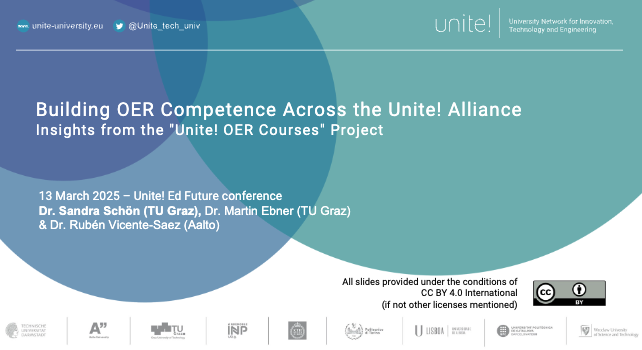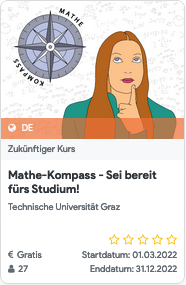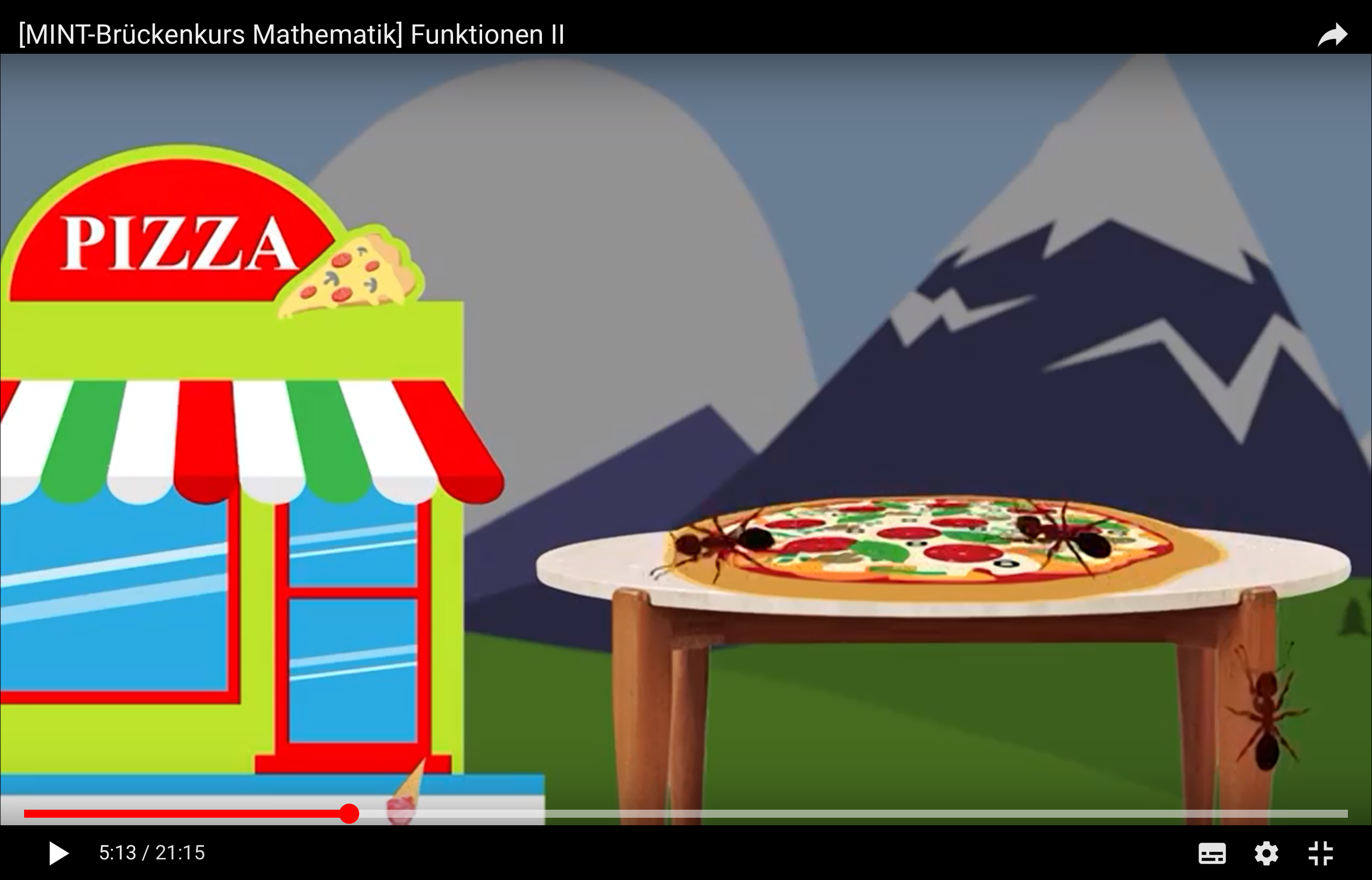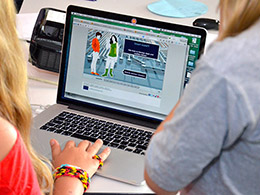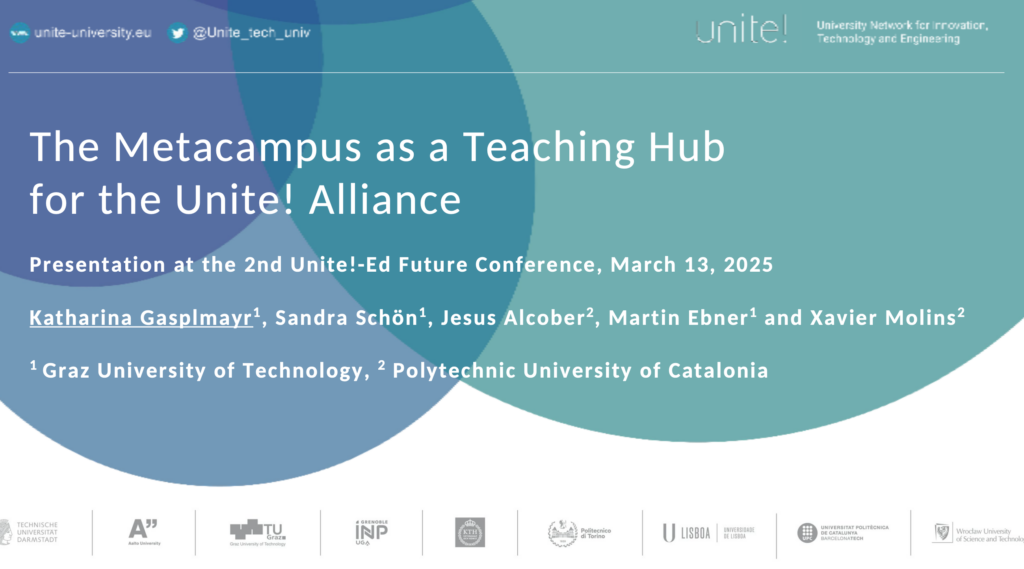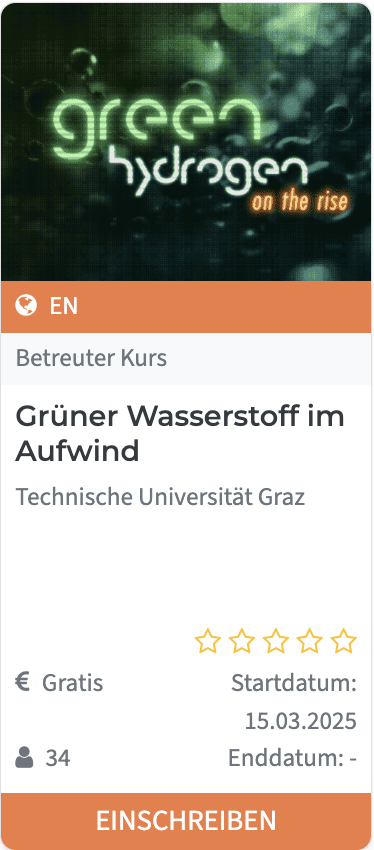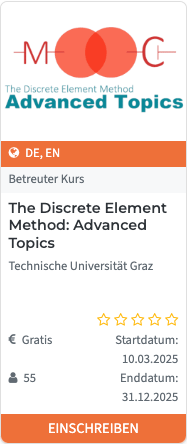We did a presentation about „Beyond Open Access: Open Educational Resources (OER) for Legal Clarity, Sustainability, and Digital Sovereignty in European University Alliances“ at the 2nd Unite!-Ed Future Conference.
Open Educational Resources (OER) are widely recognized for improving access to education and enabling the sharing of knowledge. However, in the context of European university alliances, such as Unite!, OER offer additional, often underappreciated benefits that are crucial for cross-border collaboration and sustainable development in higher education. This position paper explores three key aspects of OER that are particularly relevant for European alliances. First, OER enable the legally secure use of educational resources across national borders, addressing uncertainties about copyright laws, particularly for translations and adaptations. This ensures compliance with different legal frameworks while fostering collaboration. Second, OER support sustainability by ensuring that investments in educational materials are not limited by restrictive usage rights. This is particularly critical in alliances where shared resources play a central role in fostering long-term cooperation and aligning with sustainability goals, a priority for Unite!. Finally, OER contribute to digital sovereignty by empowering institutions and educators to create, adapt, and share resources without reliance on proprietary platforms or licenses. This aligns with the broader strategic objectives of European alliances to promote autonomy and resilience in their digital ecosystems. By highlighting these often-overlooked benefits of OER, this research aims to broaden the perspective on their strategic importance in fostering collaboration, sustainability, and sovereignty within European university alliances.
Find our slides here:
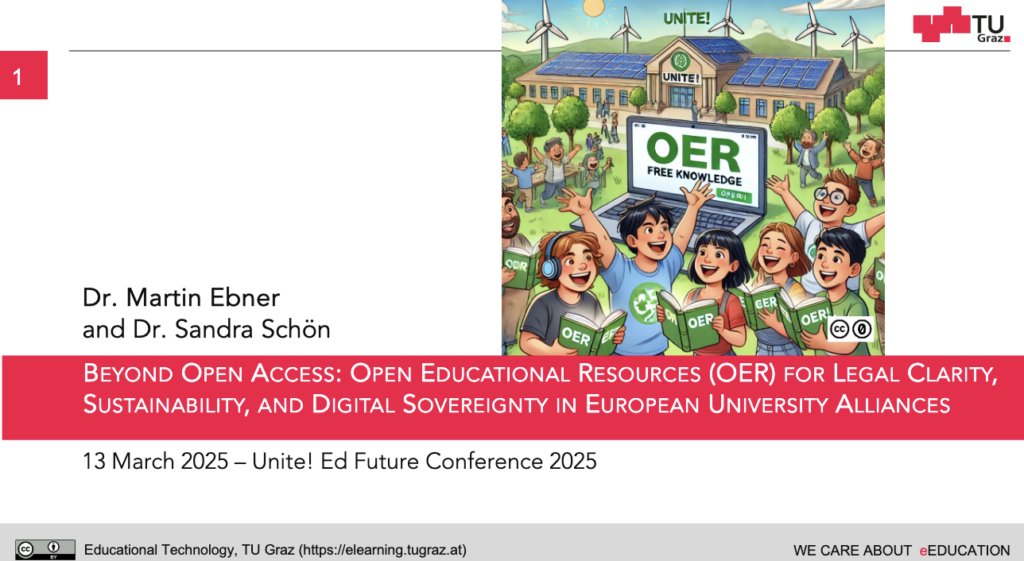
Ebner, M., & Schön, S. (2025, März 13). Beyond Open Access: Open Educational Resources (OER) for Legal Clarity, Sustainability, and Digital Sovereignty in European University Alliances. Presentation at the Unite! Ed Future Conference, March 13, 2025. Graz University of Technology. https://doi.org/10.3217/cz2rm-g9g13

